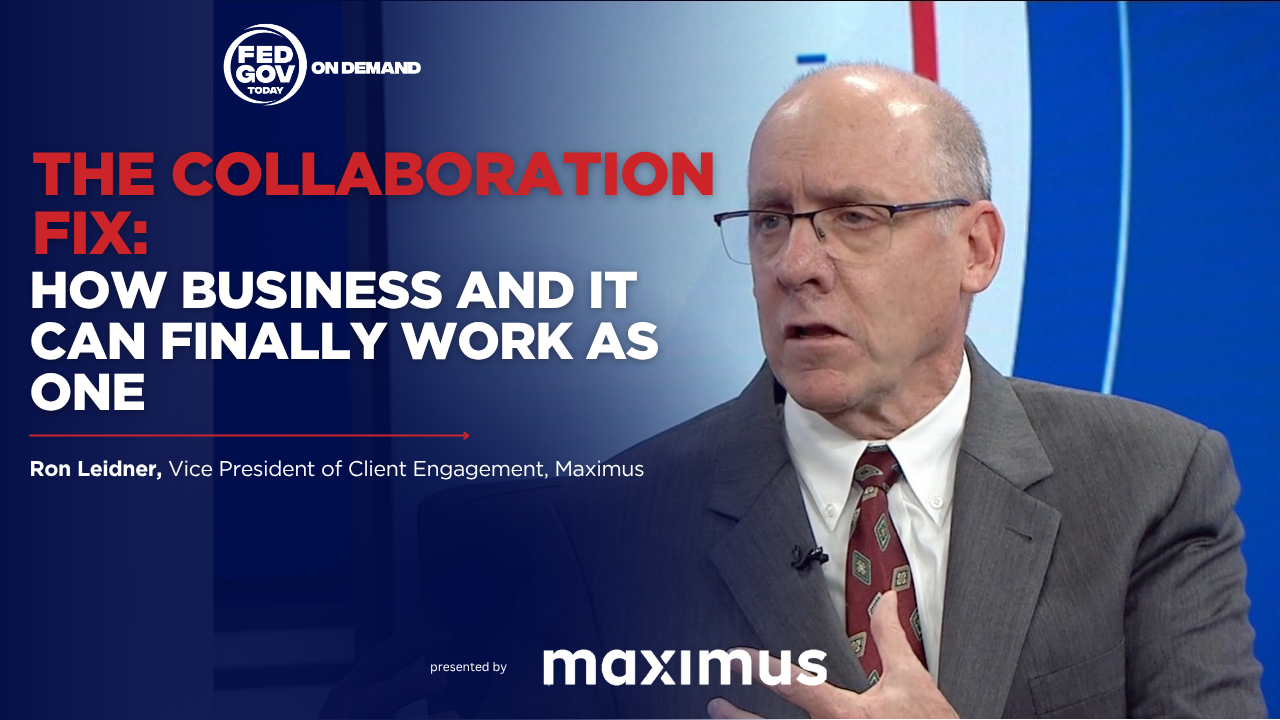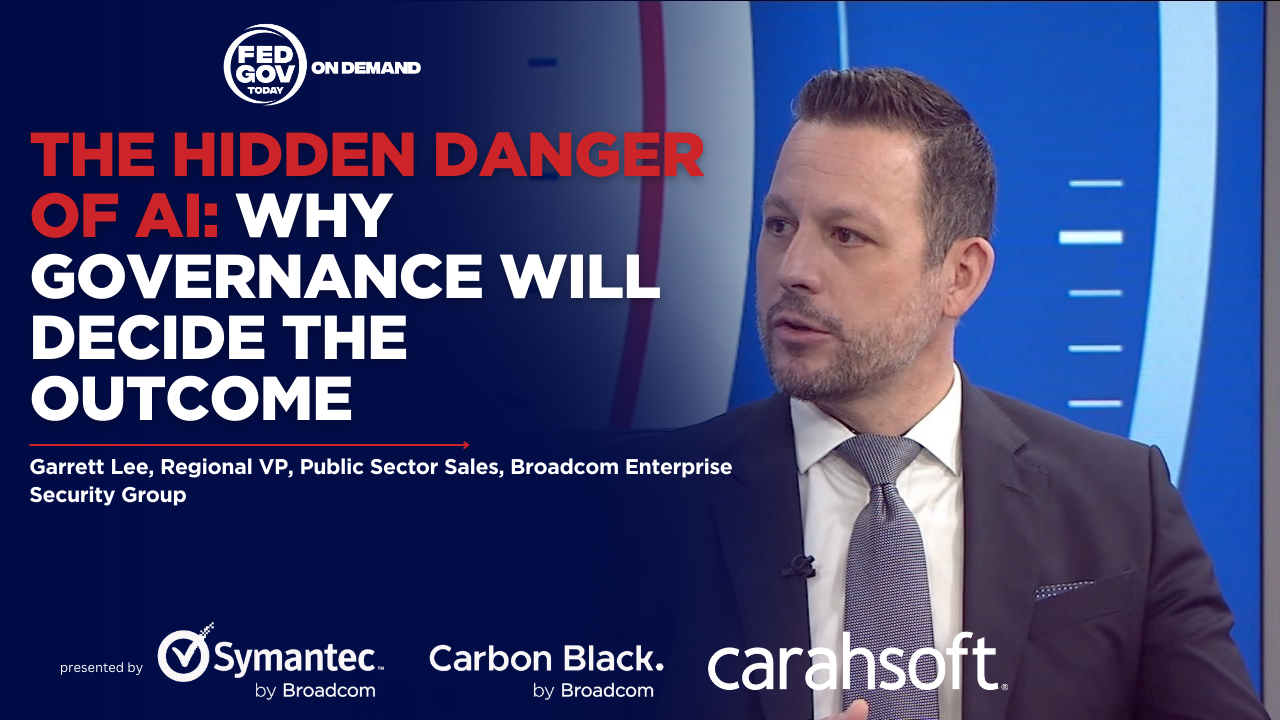Original broadcast 6/1/25
Presented by Maximus
A paradigm shift is underway in how federal agencies define success—and it’s reshaping how they engage with contractors. Gabrielle Rivera, Vice President at Maximus, joined Fed Gov Today to discuss how the shift from measuring outputs to outcomes is transforming government operations and procurement strategies.
Driven by the Foundations for Evidence-Based Policymaking Act of 2018, agencies are being encouraged to use data to drive decisions. Rivera explains that this change starts at the contracting level, where success metrics are being redefined. Rather than counting tasks completed (outputs), agencies are looking at what those tasks achieve (outcomes). This requires reverse engineering contracts from desired business and technical objectives.
 Outcome-based contracting is gaining traction, not just in concept but in execution. Rivera points out that agencies are increasingly asking vendors to prove value through pilots or proof-of-concept demonstrations, particularly in market research phases. “Show me, not just tell me,” is becoming the new norm.
Outcome-based contracting is gaining traction, not just in concept but in execution. Rivera points out that agencies are increasingly asking vendors to prove value through pilots or proof-of-concept demonstrations, particularly in market research phases. “Show me, not just tell me,” is becoming the new norm.
These contracts also introduce incentives and penalties tied to performance. For long-term contracts—those spanning 5 to 10 years—Rivera highlights the need for built-in flexibility to adapt to changing technologies and shifting government priorities. The pandemic underscored this necessity, revealing how static contracts can hinder innovation and responsiveness.
Not all outcomes are easy to define. While service desks and call centers provide straightforward metrics, Rivera notes that transitions like moving from mainframes to cloud environments are harder to measure. That’s where strategic incentives and clearly defined outcomes become essential.
Rivera is encouraged by growing collaboration and knowledge sharing across agencies, driven in part by centralized entities like GSA. This has helped agencies learn from one another and replicate successful modernization initiatives. Yet, she cautions that execution still lags discussion, and full realization of outcome-based strategies will take years.
Key Takeaways:
-
Agencies are shifting focus from outputs to mission-driven outcomes in contracts.
-
Outcome-based contracts use proof-of-concept, incentives, and flexibility to achieve results.
-
Multi-year contracts need adaptability to reflect technology evolution and budget shifts.



